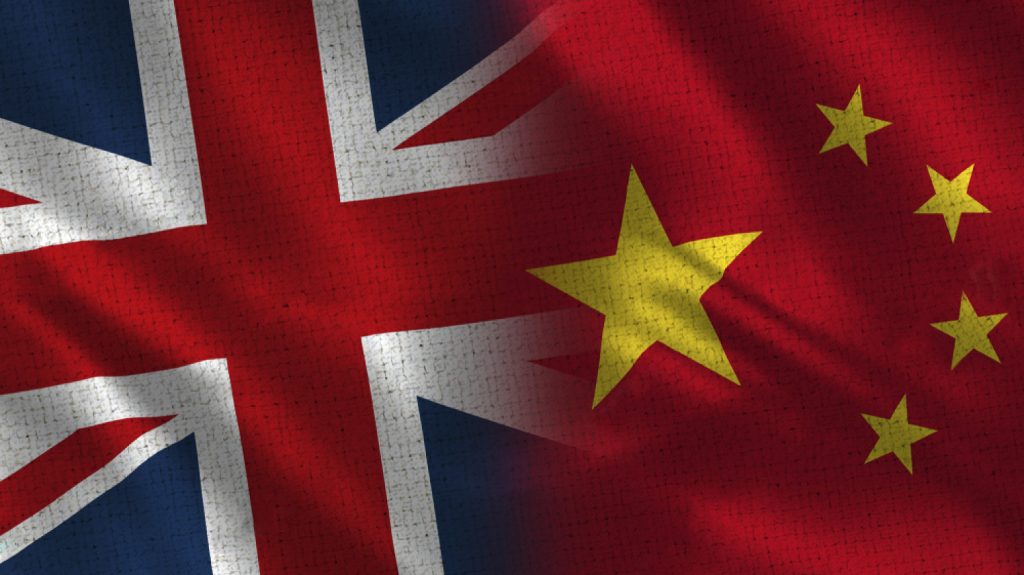Dictionaries define a superpower as an extremely powerful nation, specifically “one of a very few dominant states in an era when the world is divided politically into these states and their satellites” or “an international governing body able to enforce its will upon the most powerful states.” In The Deed, two superpowers—Britain and China—fight over Hong Kong. What does it take to be a superpower? If The Deed is not fiction, which between the two powers is sure to be the victor?
At the end of World War II, the United States and Russia were the first two nations who were acknowledged to be superpowers. This spoke of the two nations economic, political, and military influence over other nations in a time fraught with battle scars.
Today, while there is no official list of the top powers of the world, the following nations are the more-consistent contenders in surveys and online lists.
- United States
- Russia
- China
- United Kingdom
- Germany
- France
- Japan
- Israel
- Saudi Arabia
- United Arab Emirates
To be considered a superpower, a nation has to have a “dominant position characterized by its extensive ability to exert influence or project power on a global scale. This is done through the combined means of economic, military, technological and cultural strength as well as diplomatic and soft power influence. Traditionally, superpowers are preeminent among the great powers.”[1]
In The Deed, Britain and China are on the brink of starting World War III over rightful ownership of Hong Kong. Between the two power nations, China has the largest standing army in the world and is has a huge military influence. Britain, on the other hand, cannot rival the size of China’s army, but it has maintained steadfast connections and alliances with many nations, some of which are also superpowers and are definitely willing to fight with the Brits. The victor remains to be seen, but one thing is certain, it will be World War III.







